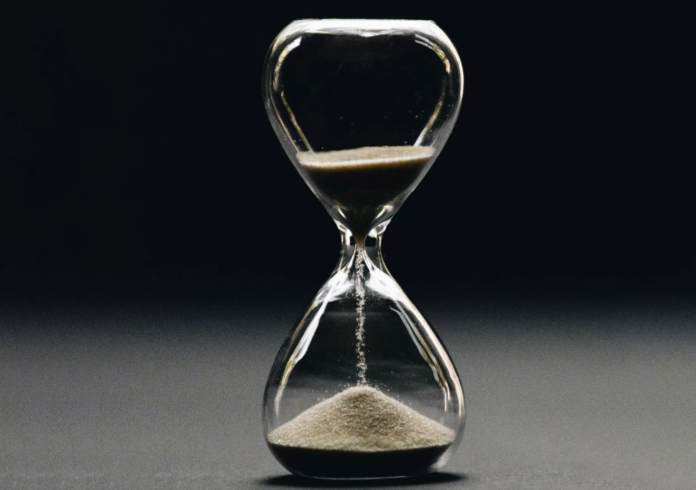A landmark ruling by the United States Supreme Court (SCOTUS) has captivated the country. This new information suggests a more serious legal dispute is developing in the halls of power, yet it does not disclose much at first glance. The highest court in the land has issued an order that has put the case in the spotlight, and its consequences might be far-reaching as the legal drama progresses.
Supreme Court’s Directive to Special Counsel
A verbal order from Chief Justice John Roberts was posted on the court’s docket to Special Counsel Jack Smith on February 13, directing him and his team to respond to Donald Trump’s request to postpone his election interference case by citing his claim of presidential immunity no later than February 20, at 4:00 p.m. EST. A recent unanimous decision sided with federal prosecutors was handed down by the US Circuit Court of Appeals for the District of Columbia.
The move highlights the high-stakes nature and urgency of the situation, as Trump aims to delay the trial until after the election. The court’s decision marks a turning point in Trump’s continuing legal battles, underscoring the intricate relationship between the rule of law, political maneuvering, and the approaching election season. There may be an end to any criminal charges against him for alleged acts committed while in office if the Supreme Court rules in his favor.
The criminal proceedings brought against Trump in the District of Columbia have been further postponed by Robert’s order. The Supreme Court has ordered that Trump’s lawyers be given the chance to respond to the special counsel’s response, which could delay the lower court proceedings.
The Legal and Political Implications
The legal team representing Trump has vehemently requested a postponement of the trial, stating that a fair trial is necessary and expressing worry that the publicity surrounding the case could impact both the trial and the presidential election to come. Smith is leading the charge in a case that centers on claims of electoral tampering and has thrust the former president into the epicentre of a landmark legal struggle.
The Supreme Court’s engagement in these and other Trump-related cases is indicative of the persistent legal obstacles that the former president is encountering. The outcome of the court’s decisions in the several unresolved challenges will have far-reaching consequences for Trump’s eligibility to run in future elections.
The Supreme Court’s decision to provide Smith a brief time limit to respond exemplifies its responsibility to strike a fair balance in the administration of justice by resolving the defense team’s assertions of immunity while expediting the ongoing judicial proceedings.
Everything is riding on Smith’s reaction to this high-profile case as the deadline draws near. The presence of SCOTUS elevates the proceedings, highlighting the judiciary’s crucial role in settling disputes with far-reaching political and legal consequences. As time runs out, Americans eagerly await the outcome of this judicial drama, which adds another chapter to the intricate legal tale involving Donald Trump.
On Wednesday, Smith sent a 40-page reply to the Justices, pleading with them to reject Trump’s motion and keep the trial on track. The Supreme Court has not yet made a decision on the matter.




